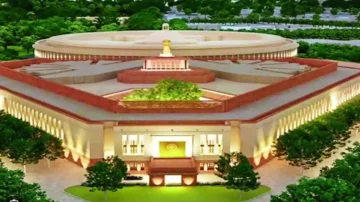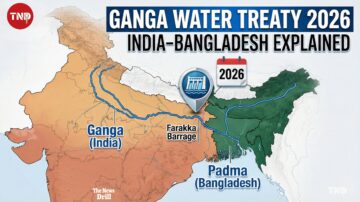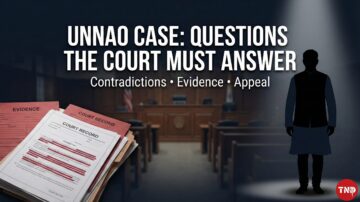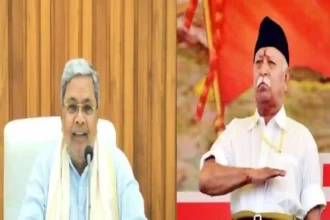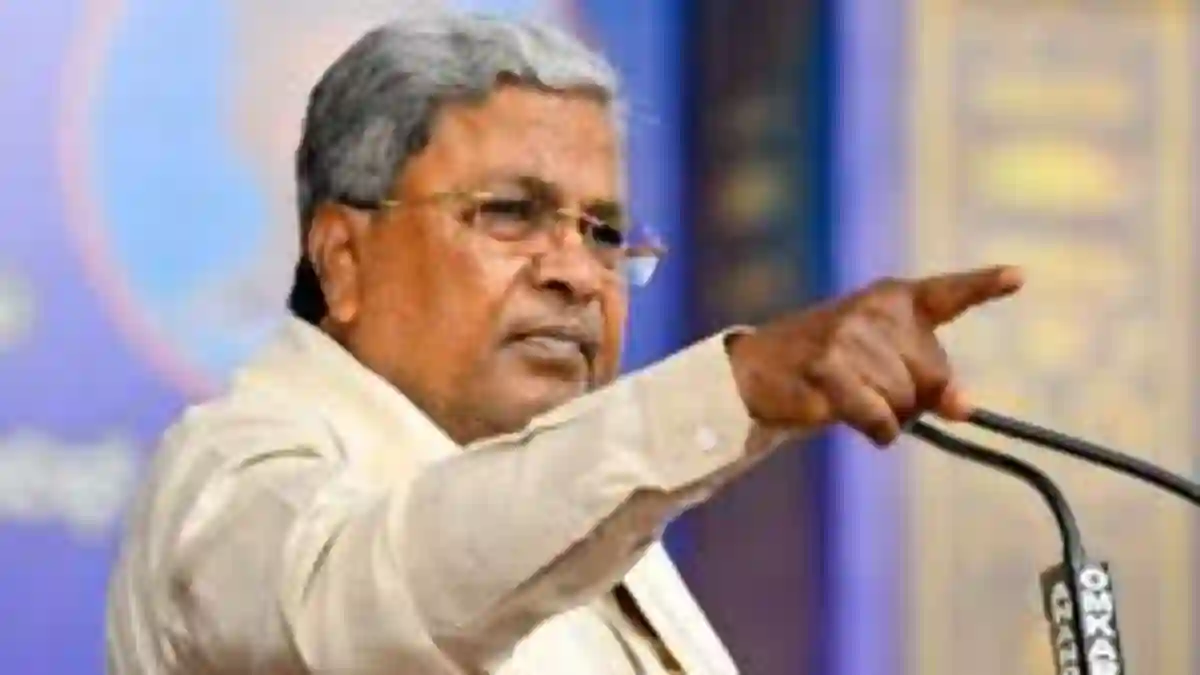
Bengaluru: The Karnataka Cabinet on Tuesday approved a long-debated proposal to introduce internal reservation among Scheduled Castes (SCs) in the state. The decision splits the existing 17 percent reservation for SCs into three distinct categories, based on the recommendations of the Justice H.N. Nagamohan Das Commission.
Chief Minister Siddaramaiah chaired the Cabinet meeting where the proposal received final clearance. According to officials, this move is aimed at ensuring “equitable distribution of benefits” within the SC community, where historically certain groups have been viewed as more disadvantaged compared to others.
The Division of Quota
The Justice Nagamohan Das Commission, constituted to study the demand for internal categorisation, submitted its findings after widespread consultations and socio-economic analysis. The Cabinet has decided to implement these recommendations, creating three subcategories under the SC quota, though the exact distribution of the 17% has not yet been officially notified.
Sources indicate that the largest share will go to the most marginalized among the SCs, followed by intermediate groups, with the smallest portion reserved for the relatively advanced sub groups within the community.
Political and Social Significance
The decision comes after years of demands from various Dalit organisations and community leaders who argued that a “one size fits all” approach to reservation had left the most deprived communities behind. By dividing the quota, the government hopes to balance representation and provide fairer access to education, employment, and political opportunities.
Chief Minister Siddaramaiah, addressing the media after the Cabinet meeting, said:
This decision is a historic step toward social justice. Our aim is to uplift every section of the Scheduled Castes and ensure the benefits of reservation reach those who need them most.”
Opposition Reactions
While the move has been welcomed by several Dalit organisations, opposition leaders have urged caution, warning that internal categorisation could trigger discontent among certain sub castes who may feel sidelined. Political analysts also suggest the timing of the decision is significant, as Karnataka gears up for crucial elections in the coming years.
Way Forward
The state government will now prepare the detailed framework for the allocation of the 17% quota and table it in the Assembly for approval. The implementation is expected to reshape reservation dynamics in Karnataka and could influence similar debates in other states.
With this, Karnataka becomes one of the few states in India to take decisive steps towards internal reservation, marking a turning point in the state’s social justice agenda.
According to us it must be done in each & every state, it is a welcoming step because due to this every sub castes in SCs will be properly represented. Before only some castes in SCs was taking benefit of Reservation & other sub caste were neglected. Let’s what’s the outcome of it after implementing this. Still, a question arises will it really benefit the poor, educationally backwards?
For more updates on Karnataka politics and reservation policies, stay connected with The News Drill (TND).
Contact us: contact@thenewsdrill.com
Submit a tip or story: editor@thenewsdrill.com


